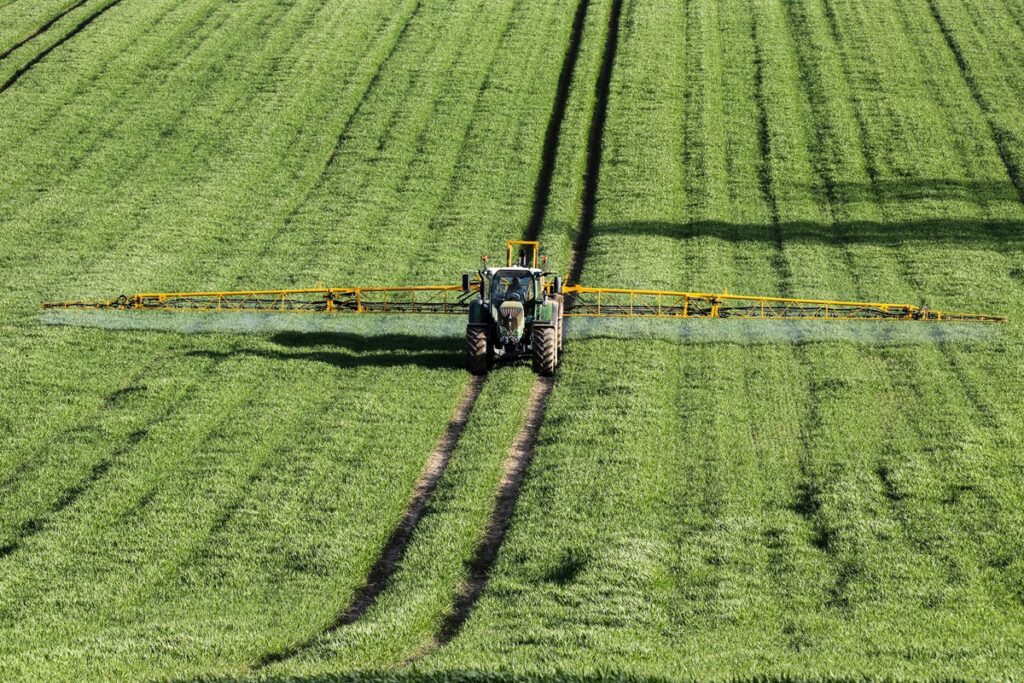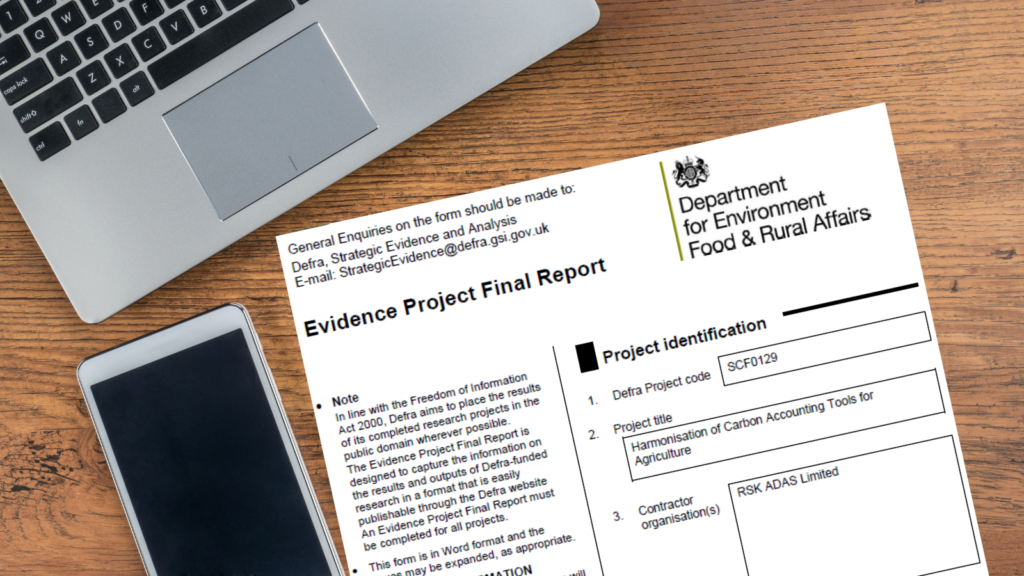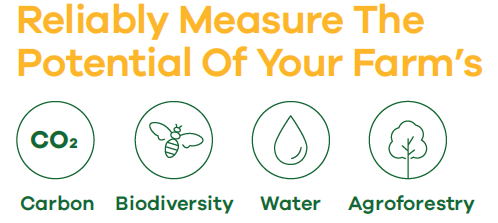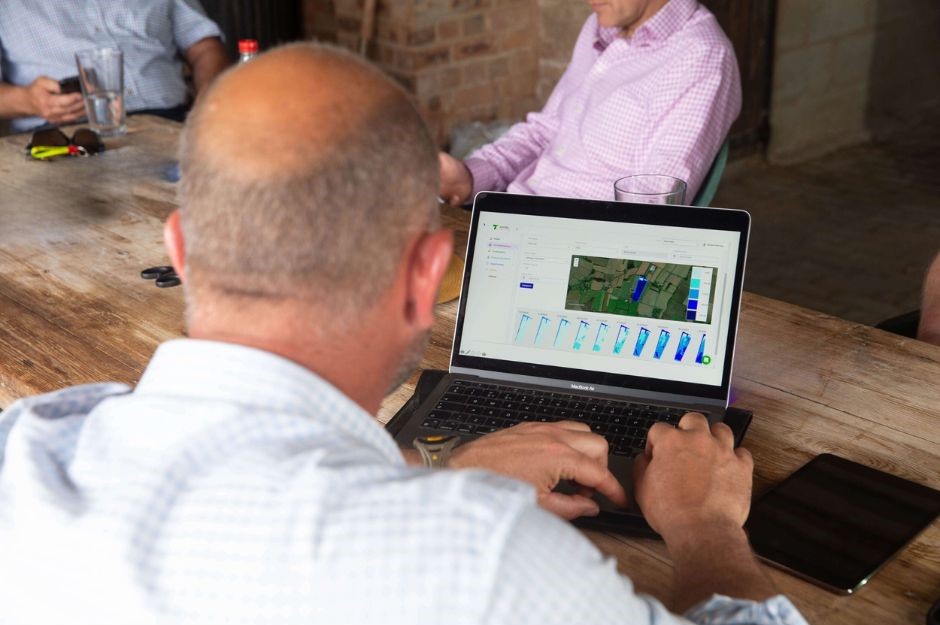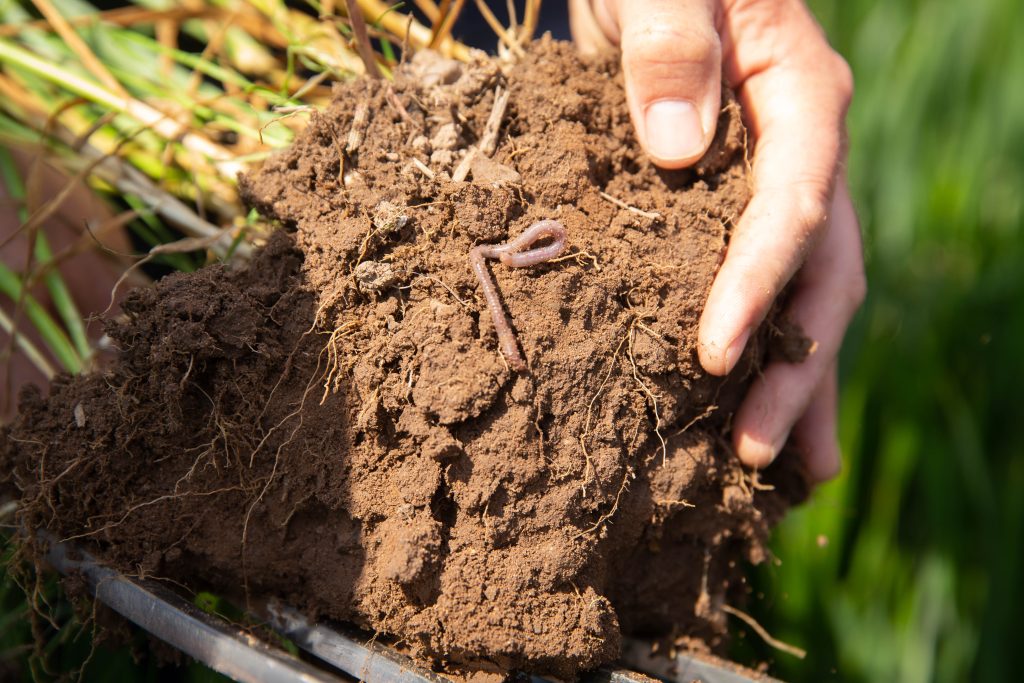Turning the Tide: How Digital Intelligence Can Help British Farmers Break the ‘Perma-Crisis’
Let’s be honest — there’s hardly a farmer in Britain today who doesn’t feel like they’re paddling upstream. Whether it’s arable, livestock, dairy, or horticulture, the pressures are coming thick and fast. Soaring input costs, labour shortages, unforeseen legislative changes, wild swings in the weather, and post-Brexit market uncertainty are combining into something many are …


